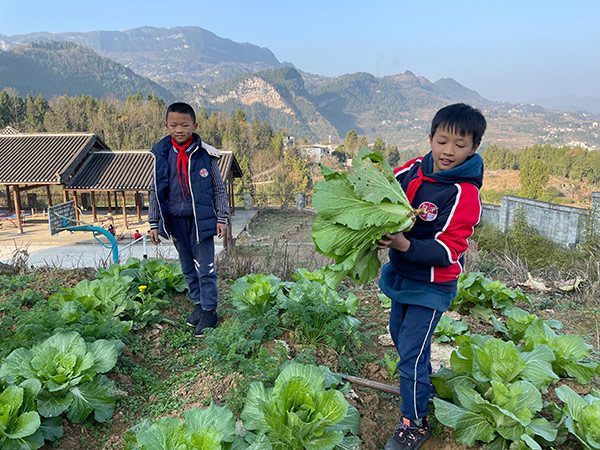School of thought


Xiao was enrolled at Peking University in 1983 and was among the first undergraduates of the sociology department.
In the first year of college, the teachers took the students to a rural Mosuo community living by Lugu Lake in Southwest China's Yunnan province. It required a three-day train journey to get there-definitely an unforgettable journey for a 19-year-old freshman, who was born and grew up in Beijing.
They lived with the locals for over two months, carrying out an anthropological study. It was the first time Xiao had received in-depth knowledge about rural China and was shocked by the striking contrast between the city and the countryside.
After four years of sociological training, she was able to more keenly pay attention to rural problems.
"I was lucky enough to learn and build a real connection with the local society, which was a rare experience for a college student," Xiao says, adding that her educational background has largely influenced the location-based education she is exploring.
After graduation, she worked at the former rural development research center of the State Council, which was closed in December 1989, before studying for her master's degree in Denmark.
She later became CEO of Greater China for Klipsch Group, a US audio equipment manufacturer.
In 2010, a trip to Shangri-La, Yunnan, made her realize that some of the same problems that she identified during her field research in 1984, were still present in rural China. It urged her to initiate Tianzige and sponsor rural students, especially in Guizhou, to go to school.
At that time, per capita GDP of Guizhou was one of the lowest among the provincial administrative regions, and charity groups paid far less attention to the province than to rural areas in Yunnan and Sichuan provinces.




































